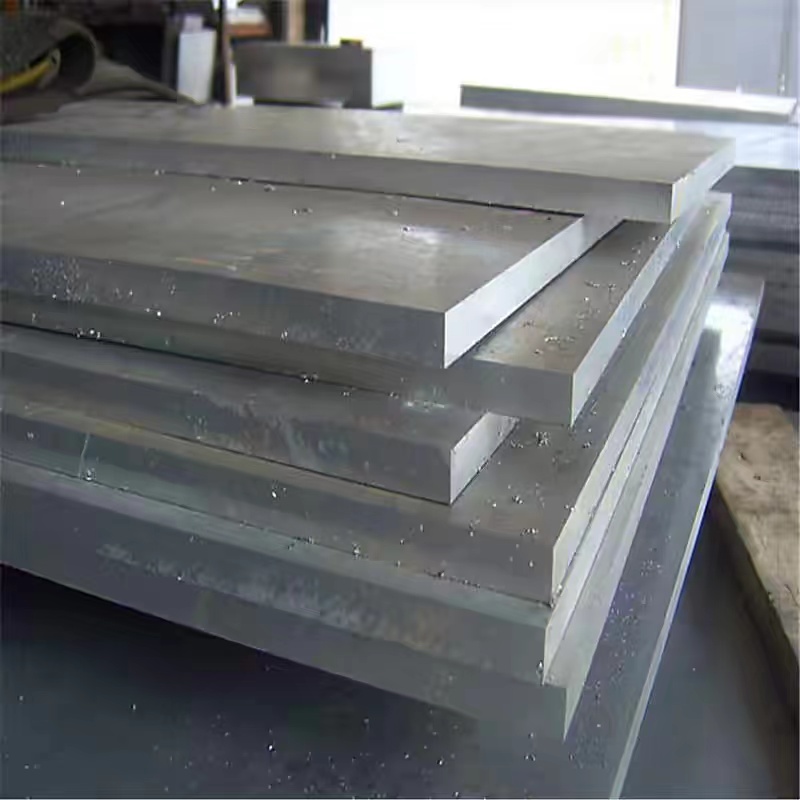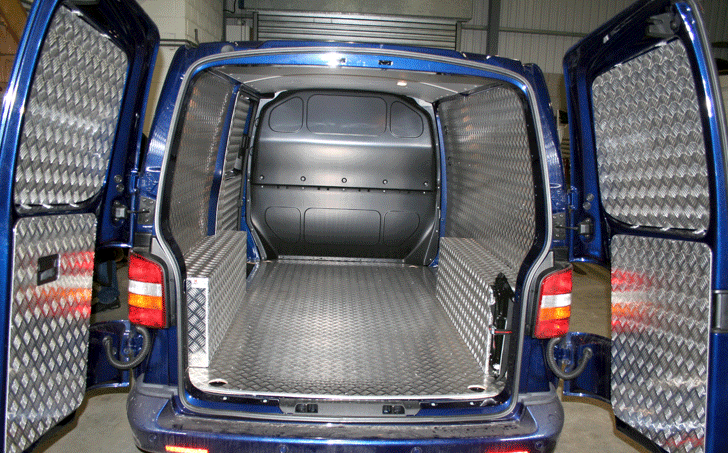You are here:
>
News
>
7075 VS 6061 Aluminum Alloy
7075 VS 6061 Aluminum Alloy
1.6061 and 7075 chemical composition
In generally, there are some differences between 6061 and 7075, which aren’t visible at first glance. Sure, both contain the same alloy agents such as
magnesium, silicon, copper, iron, zinc, titanium, manganese and chromium, but the biggest distinction isn’t what’s in your aluminum plate or square rod
but rather, how much is in your material.
2.6061 aluminum application
6061 aluminum alloy has good formability, weldability and machinability, which is widely used in Aircraft fittings, camera lens mounts, couplings, marines
fittings and hardware, electrical fittings and connectors, decorative or misc. hardware, hinge pins, magneto parts, brake pistons, hydraulic pistons, appliance
fittings, valves and valve parts; bike frames.
3.7075 aluminum application
After through solution treatment, its plasticity is very good. 7075 main alloying element is Zinc, which has the high strength and good mechanical properties
and anodized reaction.Because of its high strength-to-weight ratio and improved strength over 6061 alloys, 7075 is largely used in aerospace, marine and transportation
industries where strength and light weight properties are critical. High-end bicycle components, molding materials for the plastics and tool industries, glider and hobby-grade
airframes and even numerous military applications including assault rifle receivers and precision rifles all benefit from the high polish and improved thermal properties
that 7000-series alloys provide, following is the chemical composition of 7075.
In generally, there are some differences between 6061 and 7075, which aren’t visible at first glance. Sure, both contain the same alloy agents such as
magnesium, silicon, copper, iron, zinc, titanium, manganese and chromium, but the biggest distinction isn’t what’s in your aluminum plate or square rod
but rather, how much is in your material.
| 6061 Chemical Composition Limits wt% | |||||||||
| Cu | Si | Fe | Mn | Mg | Zn | Cr | Ti | Pb.Bi | Al |
| 0.15-0.4 | 0.4-0.8 | 0.7 | 0.15 | 0.8-1.2 | 0.25 | 0.04-0.35 | 0.15 | / | Remainer |
| 7075 chemical compostion limits (wt%) | |||||||||
| Cu | Si | Fe | Mn | Mg | Zn | Cr | Ti | Pb.Bi | Al |
| 1.2-2.0 | 0.4 | 0.5 | 0.3 | 2.1-2.9 | 5.1-6.1 | 0.4 | 0.06 | / | Remainer |
2.6061 aluminum application
6061 aluminum alloy has good formability, weldability and machinability, which is widely used in Aircraft fittings, camera lens mounts, couplings, marines
fittings and hardware, electrical fittings and connectors, decorative or misc. hardware, hinge pins, magneto parts, brake pistons, hydraulic pistons, appliance
fittings, valves and valve parts; bike frames.
| 6061 Typical Mechanical & Physical Properties | |||
| Weldability | machinability |
electric conductivity 20℃(68℉) |
Density (20℃)(g/cm3) |
| Very good | Common | 40-50 | 2.70 |
|
tensile strength (25°C MPa) |
yield strength (25°C MPa) |
Elongation |
Maximum shear stress Mpa |
| 310 | 276 | 12 | 205 |
3.7075 aluminum application
After through solution treatment, its plasticity is very good. 7075 main alloying element is Zinc, which has the high strength and good mechanical properties
and anodized reaction.Because of its high strength-to-weight ratio and improved strength over 6061 alloys, 7075 is largely used in aerospace, marine and transportation
industries where strength and light weight properties are critical. High-end bicycle components, molding materials for the plastics and tool industries, glider and hobby-grade
airframes and even numerous military applications including assault rifle receivers and precision rifles all benefit from the high polish and improved thermal properties
that 7000-series alloys provide, following is the chemical composition of 7075.
| 7075 Typical Mechanical & Physical Properties | |||
| Weldability | Machinability |
electric conductivity 20℃(68℉) |
Density (20℃)(g/cm3) |
| Not good | Very good | 40-50 | 2.85 |
|
tensile strength (25°C MPa) |
yield strength (25°C MPa) |
Elongation 1.6mm(1/16in) |
Maximum shear stress Mpa |
| 570 | 505 | 11 | 330 |


